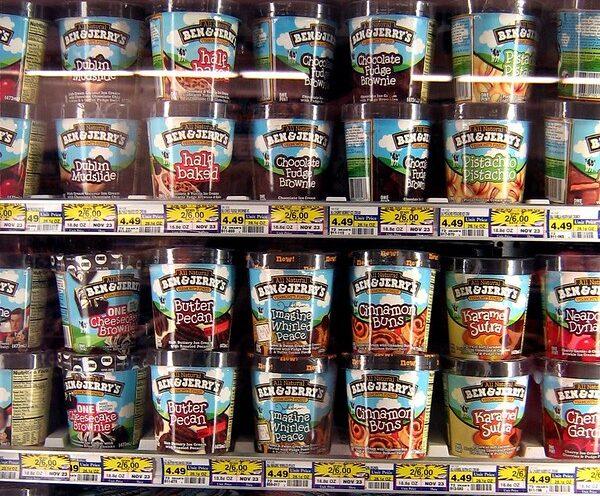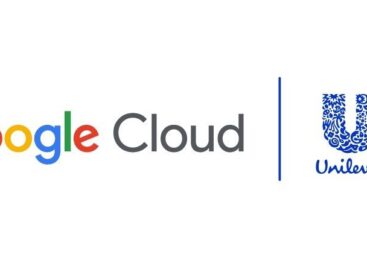Unilever grants manufacturers access to its ‘warmer’ ice cream recipes
Unilever is granting ice cream manufacturers a free non-exclusive license for 12 of its reformulation patents in a bid to reduce carbon emissions.

Access to these patents will help the industry manufacture ice cream products that remain stable at –12°C, rather than the current industry standard of –18°C.
Unilever said it hoped that by sharing its patents with ice cream manufacturers worldwide, the industry would be able to move towards more energy-efficient freezer cabinets.
The fmcg giant unveiled its plans to increase the temperature of its ‘last mile’ ice cream freezer cabinets, while “ensuring the same ice cream quality and consumer experience” last November.
Since then, research conducted at its global ice cream R&D centre in Colworth and two pilots in Germany have confirmed an energy reduction of around 25% per freezer cabinet at the warmer temperature of –12°C.
As well as being better for the environment, the warmer temperature means the freezers are cheaper to run.
Emissions from retail ice cream freezers currently account for 10% of Unilever’s value chain greenhouse gas footprint.
The research forms part of Unilever’s Climate Transition Action Plan, which sets out an ambition for the business to achieve net zero across its value chain by 2039.
Related news
EU Commissioner: New regulation strengthens protection for farmers and smaller suppliers in the food chain
🎧 Hallgasd a cikket: Lejátszás Szünet Folytatás Leállítás Nyelv: Auto…
Read more >Related news
Festival buzz at the 60th anniversary EuroShop trade fair
🎧 Hallgasd a cikket: Lejátszás Szünet Folytatás Leállítás Nyelv: Auto…
Read more >Historic price reduction at ALDI
🎧 Hallgasd a cikket: Lejátszás Szünet Folytatás Leállítás Nyelv: Auto…
Read more >A stable compass in the Hungarian FMCG sector for 20 years
🎧 Hallgasd a cikket: Lejátszás Szünet Folytatás Leállítás Nyelv: Auto…
Read more >








